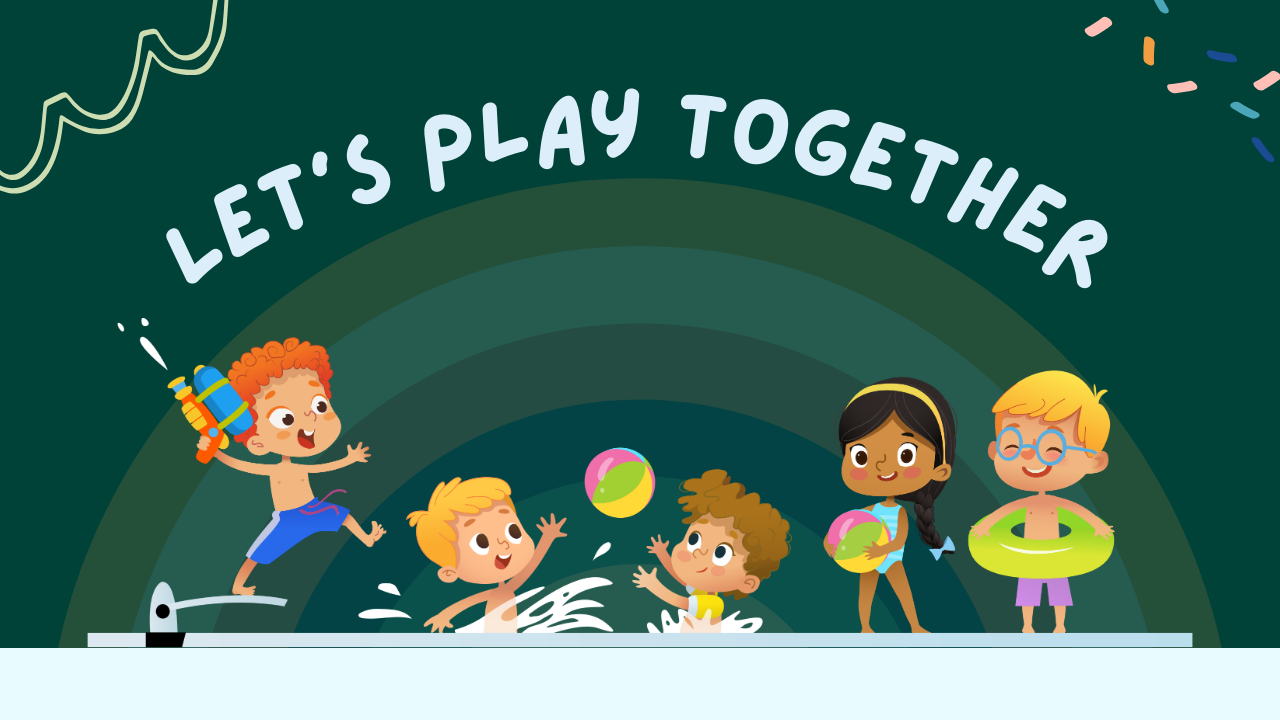Have you ever wondered why some friendships grow so strong? Or noticed how some kids seem to effortlessly build strong connections while others have a harder time fitting in? Often, these bonds are built over many years, starting when people are young. As adults who influence children, we play a key role in helping them develop successful friendships. Here are some practical tips for fostering healthy relationships in children.
- Set Up Playdates and Make Opportunities for Them to Socialize
Setting up social opportunities helps children build friendships by giving them time to interact and bond in a relaxed setting. These experiences allow children to practice social skills, learn how to cooperate, and strengthen their connections with peers.
- Encourage Children to Discover Their own Interests
When adults encourage children to discover their own interests, it helps them connect with like-minded peers and form genuine friendships. It boosts their confidence because it is easier to bond with others over shared passions.
- Teach Empathy by Modeling It
Parents and important figures in children’s lives have a unique opportunity to teach empathy by modeling it. Demonstrating kindness, understanding, and active listening to children will encourage them to mirror those behaviors in their relationships. These practices will teach them to understand and relate to another person’s feelings and perspectives.
- Practice Conversation Skills
Parents can teach good conversation skills by modeling active listening—making eye contact, nodding, and responding thoughtfully. They can ask open-ended questions and show how to care for others by listening. Practicing turn-taking and discussing the importance of showing interest in others’ feelings and opinions helps children strengthen their communication skills and feel more comfortable in social interactions.
- Motivate Them to Seek out Others
A key quality of a good friend is including those who are different or feeling left out. Adults can teach children to reach out to lonely peers and make them feel included. This helps create a supportive, welcoming environment where everyone feels valued. It strengthens friendships and teaches important social skills that benefit children throughout their lives.
Adults play a unique role in teaching children how to make and be good friends. These skills are learned through practice and by observing role models in their lives. Let’s work together to help children build stronger friendships and develop good character.
For more tips and guidance, feel free to reach out to the counselors at Northwest Family Counseling by calling 763-220-2312 or visit us online @ www.northwestfamilycounseling.com



